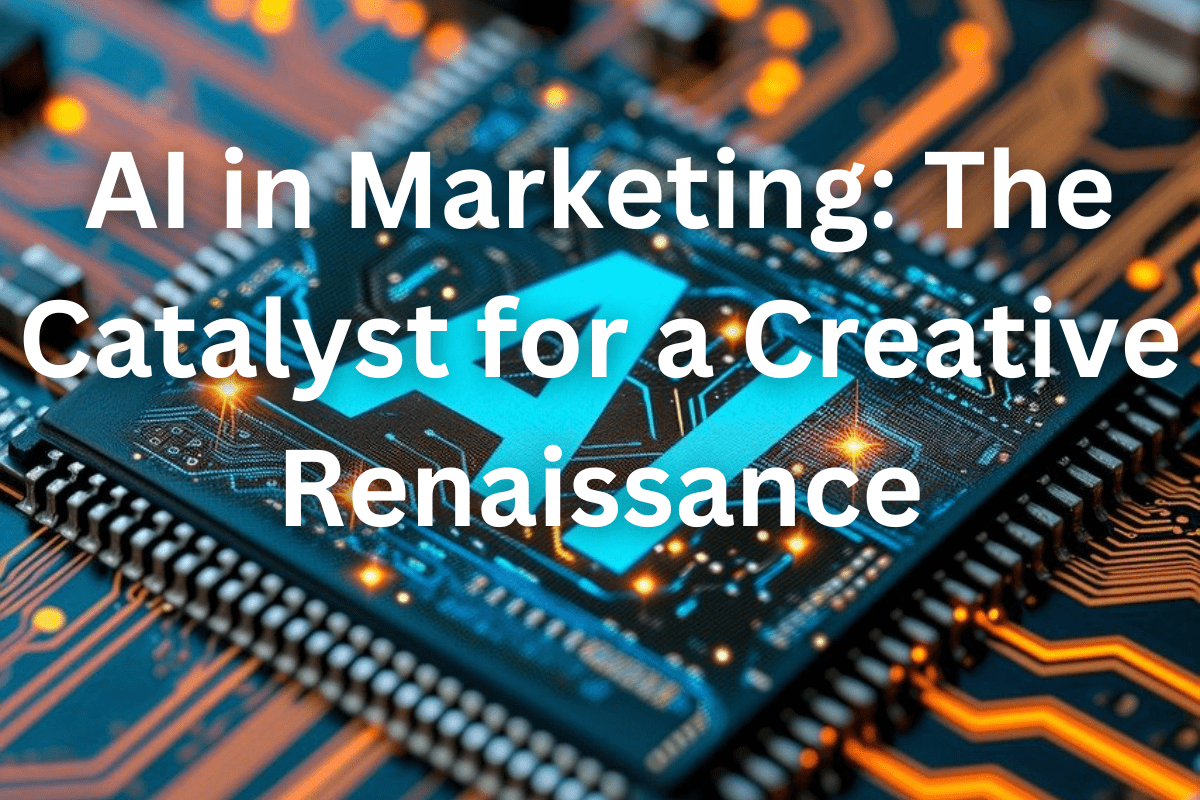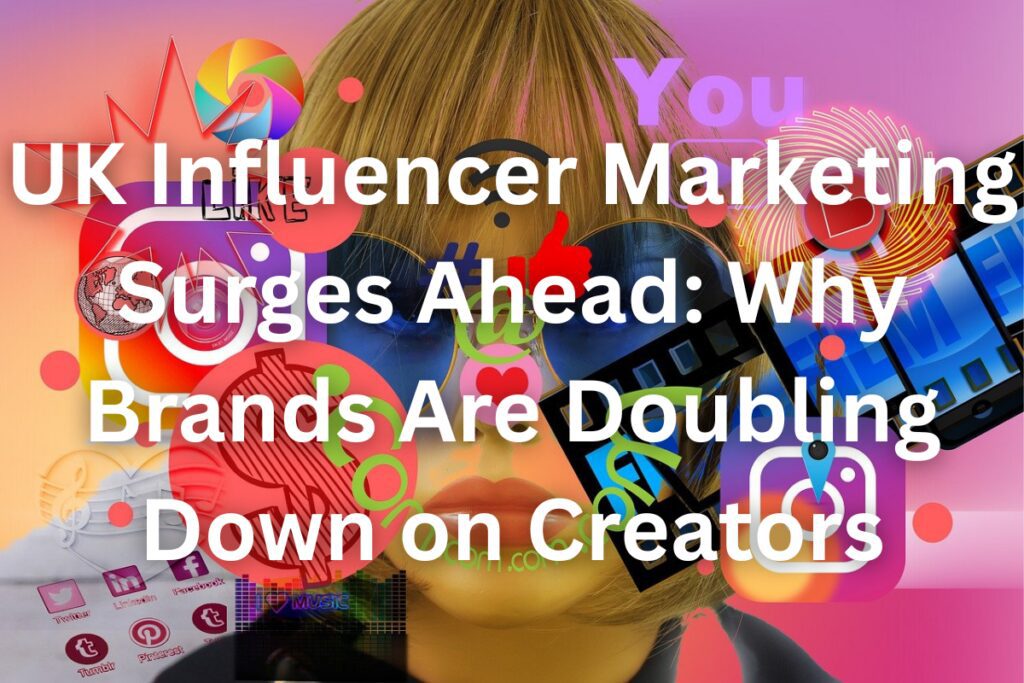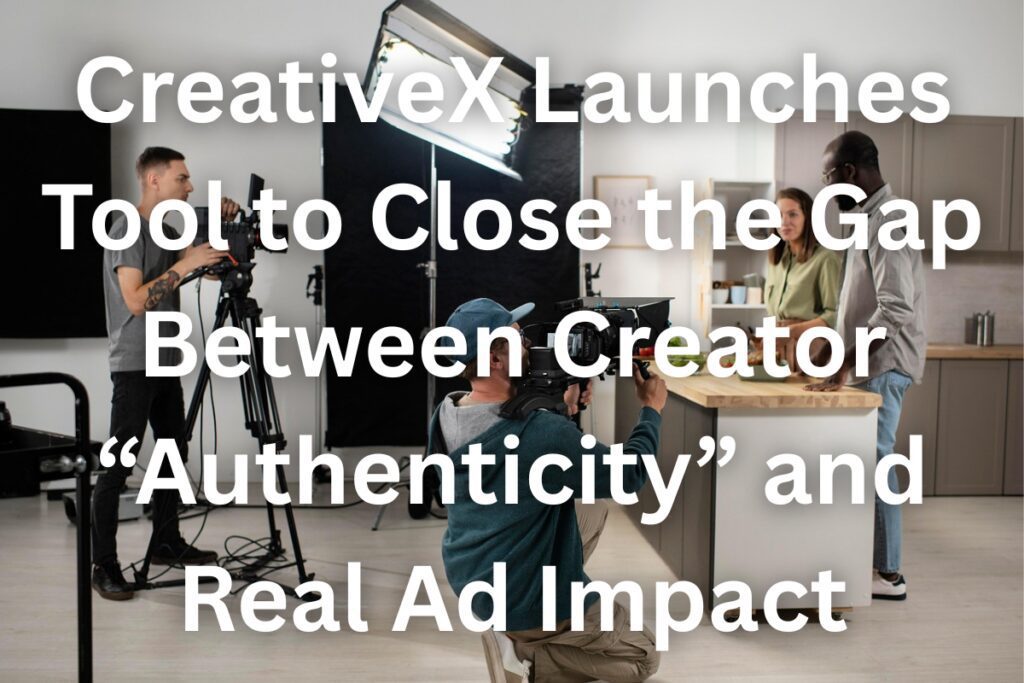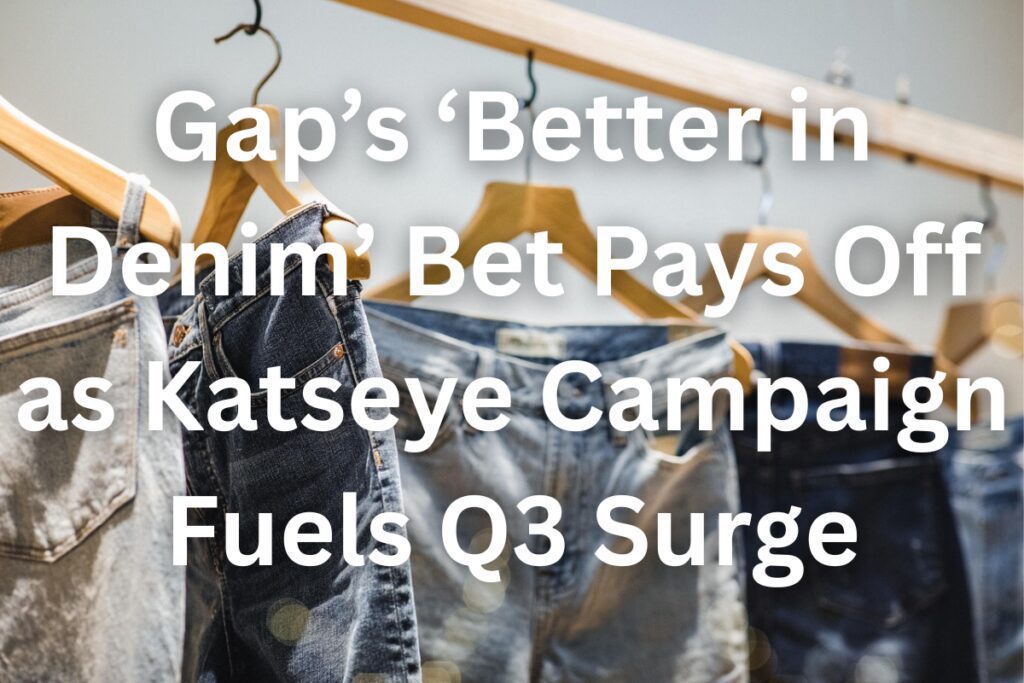Once considered a mere automation tool, artificial intelligence has now become the driving force behind a creative renaissance in marketing.
What was initially seen as a means to streamline workflows and handle repetitive tasks has evolved into a powerful enabler of innovation. At MediaPost’s Email Insider Summit, the urgency of AI adoption was clear: 85% of business leaders believe they have less than 18 months to implement an AI strategy before facing negative business consequences.
But the conversation is no longer just about efficiency – it’s about unlocking creativity and enabling marketers to think bigger, move faster, and create more impact than ever before.
Unleashing Creativity at Unprecedented Speed
The transformation AI brings to marketing is nothing short of revolutionary.
Campaigns that once took weeks to conceptualise and execute are now being launched within hours. Insights that previously required extensive analysis are now surfaced in moments, giving marketing teams the agility to react to trends in real-time.
This shift is liberating marketing professionals from mundane tasks, allowing them to focus on what truly matters: storytelling, audience engagement, and creating personalised experiences.
Data suggests that while half of marketing teams use AI for automation, an equal number leverage it to refine strategic thinking and decision-making. AI’s role in marketing has expanded beyond efficiency; it now fuels creative ingenuity and transforms the way ideas come to life.
The Human Touch: AI as an Amplifier, Not a Replacement
Forward-thinking marketers understand that AI is not a substitute for human ingenuity but an amplifier of it.
Nearly 60% of marketing leaders praise AI for streamlining operations and reducing costs, yet its true strength lies in freeing up time for human creativity. AI manages the mechanics, but the essence of impactful marketing still comes from human insight, vision, and emotional intelligence.
Citi’s Chief Marketing Officer encapsulates this sentiment perfectly, highlighting how AI is reshaping marketing in three key areas: content creation, personalisation, and validation. While regulations and guidelines shape their approach, they remain steadfast in their belief that creativity must always take centre stage.
Their warning is clear: if marketers forget the irreplaceable role of human insight, they risk entering a world where interactions are entirely bot-driven, lacking the depth and emotional resonance that only people can provide.
AI and the Art of Personalisation
One of AI’s most transformative impacts is in hyper-personalisation.
Victoria’s Secret has embraced AI to refine its email marketing strategy, using tools like Da Vinci by Movable Ink to deliver campaigns tailored to individual customers.
Their Vice President of Marketing emphasises that AI helps them put the customer at the heart of everything they do, anticipating their needs and fostering stronger connections. This is a prime example of how AI-driven marketing can feel deeply personal, rather than robotic or detached.
Similarly, at Google, the UK Vice-President of Marketing underscores how AI enables marketers to apply insights more strategically, differentiating brands in an increasingly crowded landscape.
With AI-powered tools, even the most experienced creatives no longer have to face a blank page alone. These technologies empower teams to co-create in real-time, adding speed and scale while preserving the authenticity of human taste and curation.
The Future: Marketing, Reimagined
As AI continues to evolve, its role in marketing will only become more significant. What we are witnessing is not just an improvement in efficiency but a transformation of the creative process itself.
AI is reshaping marketing into a space where innovation thrives, ideas materialise at an unprecedented pace, and brands build deeper, more meaningful connections with their audiences.
This is marketing, reimagined. AI is not just a tool – it is the engine powering the next era of creativity. As brands and marketers continue to harness its potential, the future of marketing looks brighter, bolder, and more dynamic than ever before.









